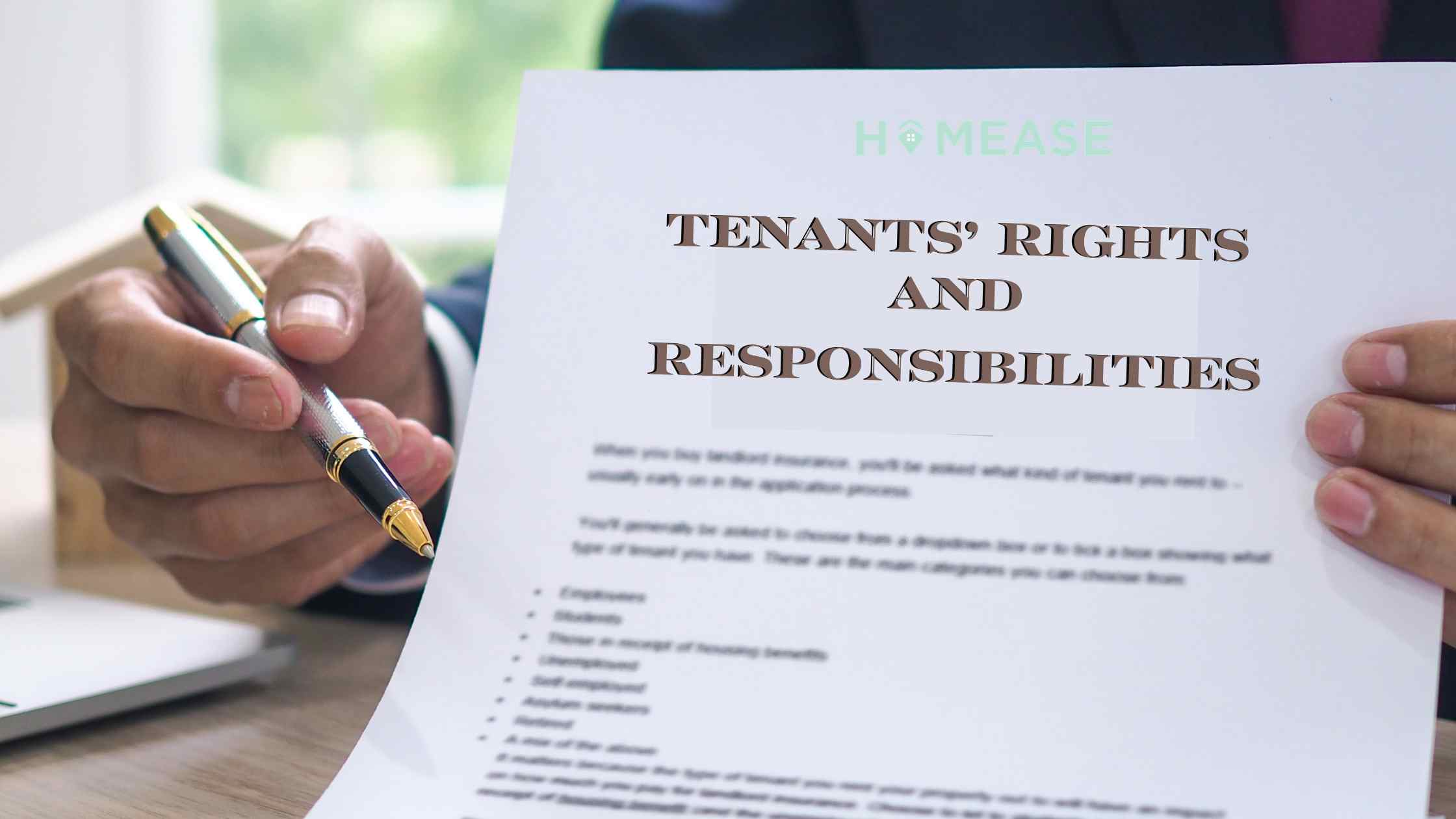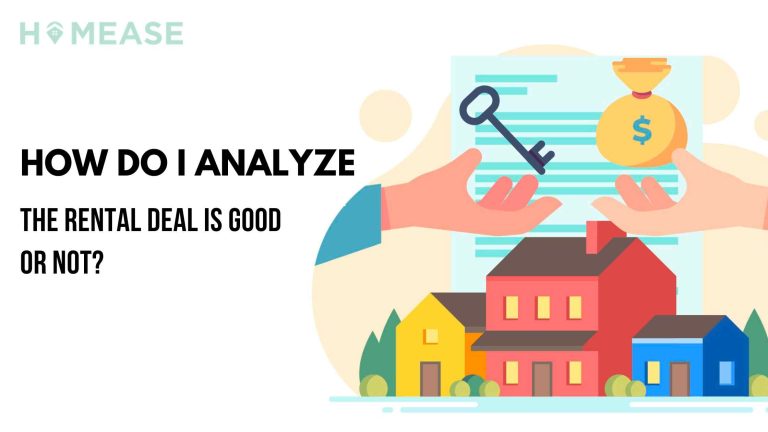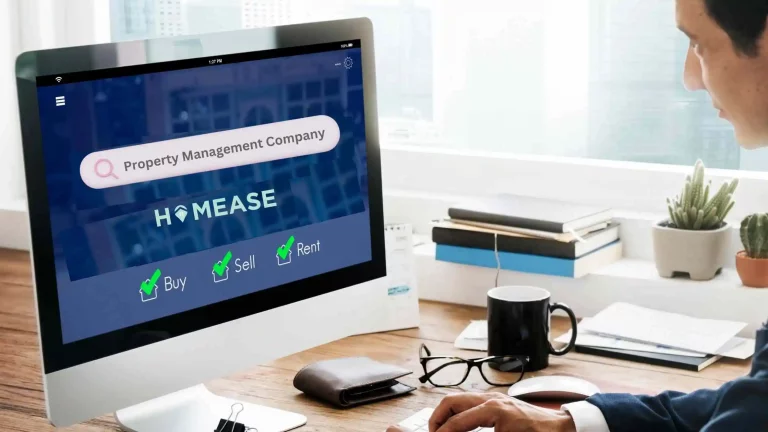Rights and Responsibilities for Tenants and Landlords
In Ontario, both tenants and landlords have rights and responsibilities outlined in the Residential Tenancies Act (RTA). This legislation of Tenant Rights, Toronto serves as a guide. Thereby, detailing rules regarding rent increases, eviction procedures, maintenance standards, and more.
Governed by the RTA, the Landlord Tenant Board (LTB) acts as a mediator in resolving disputes between tenants and landlords. Additionally, the RTA affects to individuals residing in rented accommodations but excludes those in:
- Emergency shelters
- Hospitals or long-term care facilities
- Correctional facilities
- Student residences or dormitories
- Temporary or seasonal housing units
- Units sharing facilities with landlords or their immediate family members who are not on a lease.
Obviously, understanding these rights and responsibilities is essential for fostering a fair and respectful landlord-tenant relationship.
Rights
1. Understanding the Eviction Process
Facing eviction can be incredibly tough, but knowing your rights is crucial. Here in Ontario, landlords can’t just kick you out for no reason. Certainly, they need to follow specific rules. So, if your landlord wants you to leave, they have to send you a written notice using a special form from the Landlord and Tenant Board (LTB).
Moreover, when you get that notice, it has to explain why they want you out. But here’s the thing: just because you get that notice, it doesn’t mean you’re out of luck. Additionally, your landlord still has to jump through some legal hoops. Particularly, they have to ask the LTB for an official eviction order. And guess what? You get to tell your side of the story at a hearing.
So, when it comes to eviction, remember: you’ve got rights, and there’s a process in place to protect them. Furthermore, check out the brochures provided by the LTB:
2. Finding Common Ground
Ever heard of mediation? It’s like having a friendly chat to sort things out, but with a helpful mediator there to guide the conversation. Moreover, it’s a way to tackle problems without all the stress and formality of a traditional hearing. You’ve got a neutral third party, someone who knows the ins and outs of the Residential Tenancies Act, 2006, there to lend a hand.
Under the Protecting Tenants and Strengthening Community Housing Act, 2020, the Landlord and Tenant Board might suggest mediation before diving into a formal hearing. Certainly, it’s a chance for both you and your landlord to air your concerns and maybe even find some common ground.
But here’s the best part, you don’t have to agree on everything. Seriously! If mediation doesn’t work out, no sweat. You can still head to a formal hearing to sort things out. In the end, it’s all about finding the best solution for everyone involved.
3. Understanding the legal aspects
Renoviction refers to situations where landlords evict tenants for renovations or repairs. While renovations are often necessary for maintaining property standards, some landlords misuse this as a means to evict tenants. Surely, there are rules in place to protect you during these times.

If the landlord needs you to leave for renovations or repairs, they have to compensate you. Plus, you have the right to come back once the work is done. To ensure this right, tenants must notify their landlord in writing before leaving, expressing their desire to return.
Recently, new rules have extended the time for tenants to file a claim with the Landlord and Tenant Board for compensation if the landlord fails to provide the right of first refusal. Thus, offering tenants greater protection in such situations. Moreover, if your landlord forgets to offer you the chance to return, no worries! Certainly, you now have more time to sort things out and claim what’s rightfully yours.
Responsibilities
The DO’s
Being a responsible tenant involves several key duties that contribute to a harmonious living environment for you and your neighbors. Importantly, always honor the terms of your lease or tenancy agreement. Thus, understanding your rights under the Residential Tenancies Act. Moreover, these guidelines ensure not only your own well-being but also contribute to the overall harmony of the community you reside in. Now, here are just a few simple steps to ensure harmony and happiness in your little corner –
- Pay your rent on time
- Maintain cleanliness
- Repair damage you cause
- Be reasonable with noise levels
- Obey local laws
- Honor your lease or tenancy agreement
Leave the property in good condition upon moving out
The Don’ts
As a tenant, there are certain things you should avoid doing to ensure a harmonious living environment for yourself and your neighbors. Now, let’s delve into some key pointers:
- Don’t change the lock on the door: Without your landlord’s permission, altering the locks on the main entry door is a no-go. Surely, it’s important to maintain open communication with your landlord regarding any security concerns.
- Avoid illegal activities: Selling unlawful items or engaging in illegal transactions from your apartment is strictly prohibited. Clearly, let’s keep things lawful and above board, shall we?
- No running a business: While working from home is fine, using your apartment as a base for disruptive business activities is a big no-no. Additionally, this includes setting up shop for repairs, shipping and receiving packages, Moreover, hosting consulting services that may inconvenience your landlord or fellow tenants.
Tenant Rights Made Simple with Homease
Are you feeling overwhelmed by the legal details of renting your dream home? Certainly, keeping track of it all can be quite the challenge. But fear not, that’s where Homease steps in. Surely, we understand the hassles tenants face. Surely, we’re here to ease them.
With our dedicated team, we ensure that your rights are respected, and your responsibilities are met. Moreover, through direct communication and transparent dealings, we provide tenant rights in Ontario, Canada. Obviously, with the peace of mind they deserve. Furthermore, our online payment system and tenant login make managing your property a breeze. Thus, allowing you to track everything you need. With Homease, say goodbye to worries and hello to hassle-free living.




